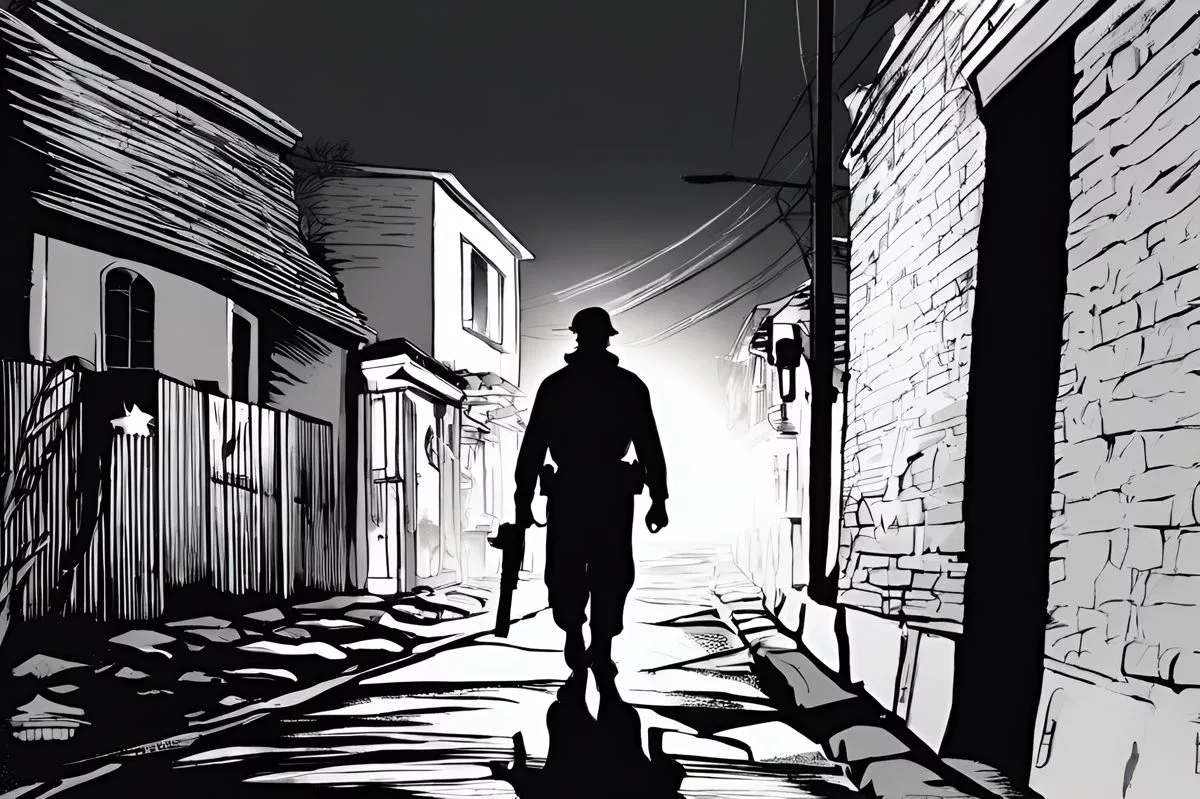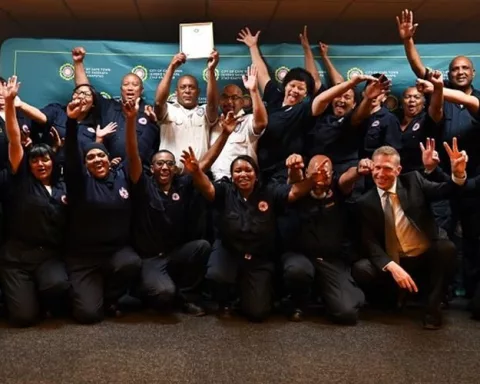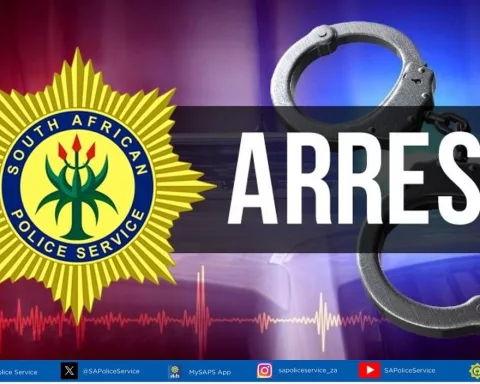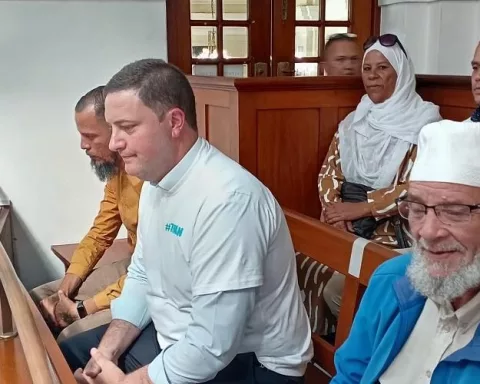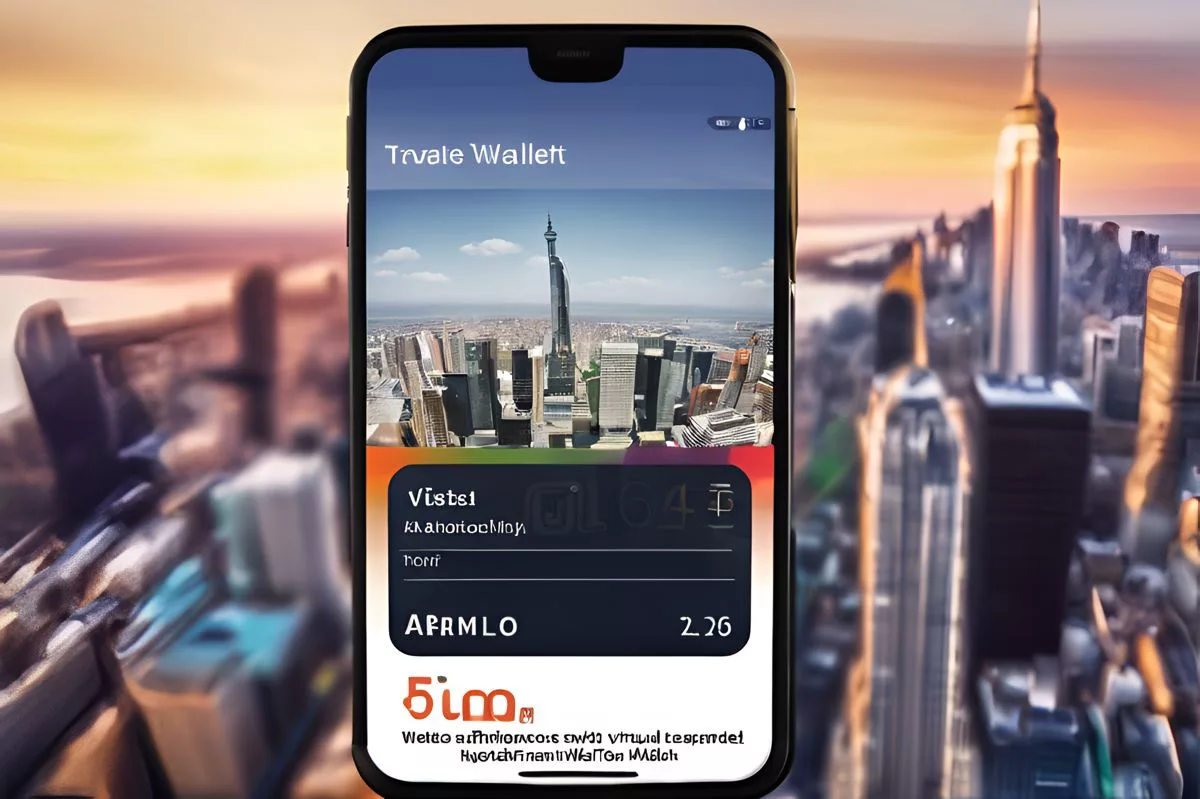Ayesha Jacobs is a shining example of courage and community strength in Bonteheuwel. After facing a terrifying night of violence in 2014, where she was injured while protecting her neighborhood, she has continued to lead the Bonteheuwel Neighbourhood Watch with unwavering determination. This group, filled with dedicated volunteers, works together to keep their streets safe, showing that ordinary people can make a big difference in their community. Ayesha’s bravery and commitment inspire others to join in the fight against crime, proving that united, they can create a safer world for everyone.
What is the significance of Ayesha Jacobs and the Bonteheuwel Neighbourhood Watch?
Ayesha Jacobs symbolizes resilience and community spirit in Bonteheuwel. After confronting violence in 2014, she continues to lead neighborhood watch efforts, demonstrating how grassroots initiatives empower citizens to actively protect their community and foster collective safety amidst urban insecurity.
A Night That Changed Everything
Ayesha Jacobs’ journey is a portrait of resilience and the spirit of community, deeply embedded in the complex social landscape of Bonteheuwel. Over ten years have passed since that life-altering night in 2014, yet the vivid memories of confronting violence firsthand continue to fuel her unwavering dedication. On that fateful evening, Jacobs, her son, and fellow members of the neighborhood watch took to the dimly lit streets of Bonteheuwel, Cape Town, in a united front against the menace of crime.
The Bonteheuwel Neighbourhood Watch, founded in 2011, stands as a symbol of communal action against urban insecurity. This initiative operates under the City of Cape Town’s Safety and Security Directorate’s Neighbourhood Watch (NHW) Support Programme. The program aims to empower citizens with essential equipment and training, nurturing a robust sense of agency and resilience within the community.
Travel back to December 7, 2014, a night laden with tension and the silent promise of peril. While patrolling the grounds of Bonteheuwel High School, Jacobs and her son noticed a suspicious figure carrying a backpack. When confronted, the man revealed only a glimpse of its dangerous contents—firearms. Chaos ensued as gunfire erupted, forcing the group to scramble for cover.
The Harrowing Ordeal and Undeniable Courage
Jacobs recalls the terrifying events of that night with stark clarity. Amidst the chaos, she fell, unaware that a bullet had struck her leg. Immobilized and vulnerable, she made a heart-wrenching decision, urging her fellow watch members to leave her behind and find safety. Her son, also injured, managed to escape. Jacobs lay still, feigning death to avoid further violence. The bullet remains a grim reminder of her courage and sacrifice.
Despite the persistent pain and a visible limp, Jacobs has not wavered in her commitment. She continues to participate in patrols, often from the relative safety of a police van during joint operations with law enforcement. Her unwavering dedication, even in the face of personal injury, exemplifies the spirit that drives the Bonteheuwel Neighbourhood Watch.
Debbie Brown, the NHW’s secretary, highlights the ongoing challenges the group faces. Whether dealing with smash-and-grab robberies or domestic violence, the 30-member team contends with the multifaceted nature of urban crime. The City of Cape Town’s support has been invaluable, providing solar-powered flashlights, reflective jackets, and radios to enhance operational efficiency and boost morale among the volunteers who brave the night to protect their community.
The Legacy of Collective Vigilance
Neighborhood watches have long roots in collective vigilance, resonating with the communal cultures of the past. Today, they serve as grassroots responses to the shortcomings of formal policing, bridging the gap between the community and law enforcement. The Bonteheuwel NHW embodies this ethos, transforming ordinary citizens into stewards of their own safety.
This movement finds an artistic parallel in the works of Diego Rivera, whose murals celebrated the power and dignity of collective labor. Just as Rivera’s art honored unity and strength, the Bonteheuwel NHW stands as a living mural, with each member contributing to the larger picture of communal resilience.
The sociological implications of such groups are profound. They challenge the passive consumption of security services, advocating for active participation and shared responsibility. This shift from reliance to engagement echoes the Enlightenment ideals of self-determination and participatory governance, where citizens actively shape and protect their environments.
A Beacon of Pragmatic Optimism
The narrative of Ayesha Jacobs and the Bonteheuwel Neighbourhood Watch intertwines courage, sacrifice, and communal solidarity. It mirrors broader societal themes, echoing historical and artistic movements that celebrated collective action and individual agency. Their journey highlights the potential of community-driven initiatives, reminding us of the power of ordinary individuals united for a common cause.
In contemporary discourse, where systemic challenges and institutional failures often dominate, grassroots initiatives like the Bonteheuwel NHW offer a refreshing counter-narrative. They embody pragmatic optimism, grounded in the belief that collective effort and mutual support can drive change. Despite varied backgrounds and personal trials, the members unite under a shared mission, becoming the archetypal community guardians.
Jacobs’ personal sacrifice and steadfast commitment serve as poignant reminders of the human capacity for resilience and the enduring power of communal bonds. Through their vigilant watch, the Bonteheuwel NHW members not only safeguard their immediate environment but also inspire broader societal reflection on community and shared responsibilities.
FAQ: The Unyielding Spirit of Ayesha Jacobs and the Bonteheuwel Neighbourhood Watch
What inspired Ayesha Jacobs to lead the Bonteheuwel Neighbourhood Watch?
Ayesha Jacobs was inspired to lead the Bonteheuwel Neighbourhood Watch after experiencing a traumatic night of violence in 2014. Her commitment to protecting her community and her personal experience of confronting crime motivated her to take action and rally others to join in the effort to enhance safety and security in their neighborhood.
How does the Bonteheuwel Neighbourhood Watch contribute to community safety?
The Bonteheuwel Neighbourhood Watch employs dedicated volunteers who patrol the streets, engage with community members, and collaborate with local law enforcement. They are equipped with essential tools and training, which empower them to respond effectively to various safety concerns, such as theft and domestic violence, thus fostering a safer environment for all residents.
What challenges does the Bonteheuwel Neighbourhood Watch face?
The Bonteheuwel Neighbourhood Watch encounters numerous challenges, including dealing with urban crime such as smash-and-grab incidents and domestic violence. Despite these difficulties, the group remains steadfast, relying on community support and assistance from the City of Cape Town to maintain their operations and morale.
How did Ayesha Jacobs demonstrate courage during the incident in 2014?
During the violent incident in 2014, Ayesha Jacobs demonstrated remarkable courage by encouraging her fellow neighbourhood watch members to escape to safety while she herself was injured. Despite being shot and immobilized, she feigned death to protect herself from further violence, showcasing her selflessness and dedication to her community.
What role does the City of Cape Town play in supporting the neighbourhood watch?
The City of Cape Town supports the Bonteheuwel Neighbourhood Watch through its Safety and Security Directorate’s Neighbourhood Watch Support Programme. This support includes providing essential equipment like solar-powered flashlights, reflective jackets, and radios, which enhance their operational efficiency and boost the morale of the volunteers.
Why are community-driven initiatives like the Bonteheuwel Neighbourhood Watch important?
Community-driven initiatives like the Bonteheuwel Neighbourhood Watch are crucial as they empower ordinary citizens to take an active role in ensuring their own safety. They challenge traditional reliance on formal policing, foster communal solidarity, and emphasize shared responsibility for maintaining a secure environment, ultimately leading to stronger, more resilient communities.

